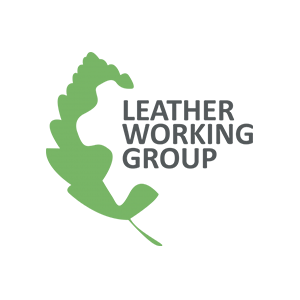HOW WE WORK
Our Commitments
We work diligently to source materials and fittings from reputable suppliers, who validate their materials ethicality with the leading industry standard certifications. These include, BCI Cottons and LWG leathers.
100% of the leathers we use come from tanneries certified by the Leather Working Group (LWG), a label responsible for assessing tanneries worldwide. Learn more
We also pay due-diligence to the changing nature of the manufacturing industry, and therefore work to evolve and improve our actions on ethical sourcing as we grow.
Low-impact Production
We are proud UK based manufacturer of fine leather-goods. We work in a small-batch production set-up, so we can maintain a ‘low-impact’ on the environment.
Please contact us directly for any more information.
About Vegetable Tanned Leather
Vegetable tanning is one of the oldest and most traditional methods of leather production, using natural tannins extracted from organic materials such as tree bark, leaves, roots, and fruits. Unlike chromium or synthetic tanning processes, which rely heavily on industrial chemicals, vegetable tanning is a slower and more artisanal method, often taking several weeks to complete. During this time, raw hides are immersed in progressively stronger baths of tannin-rich solutions, allowing the fibrs to absorb natural compounds that strengthen and preserve them. The result is a leather that has remarkable depth of character, with a rich, earthy aroma and a warm patina that develops uniquely with age. Because the process avoids harsh chemicals, vegetable-tanned leather is not only more environmentally conscious but also produces a material celebrated for its durability, natural beauty, and individuality—qualities that resonate deeply with the craftsmanship of fine leather handbags.
From an ethical and environmental perspective, vegetable tanning represents a more responsible approach to leather making. By using biodegradable tannins and minimizing synthetic additives, it reduces harmful chemical discharge and the risk of contaminating waterways or surrounding ecosystems. This natural process also promotes healthier working conditions for artisans, who are not exposed to the same toxic substances commonly found in industrial tanning, thereby ensuring a safer and more sustainable livelihood. Moreover, vegetable-tanned leather is often sourced from tanneries that prioritize traceability and traditional skills, helping preserve cultural craftsmanship while meeting modern expectations of sustainability. For a fine handbag brand, highlighting the use of vegetable tanning not only reflects a commitment to environmental stewardship but also aligns with consumers’ growing demand for ethically produced luxury goods.
CONTACT US
STUDIO@LUCYWELTON.COM
18-22 Creekside
Deptford
London, SE8 3DZ


